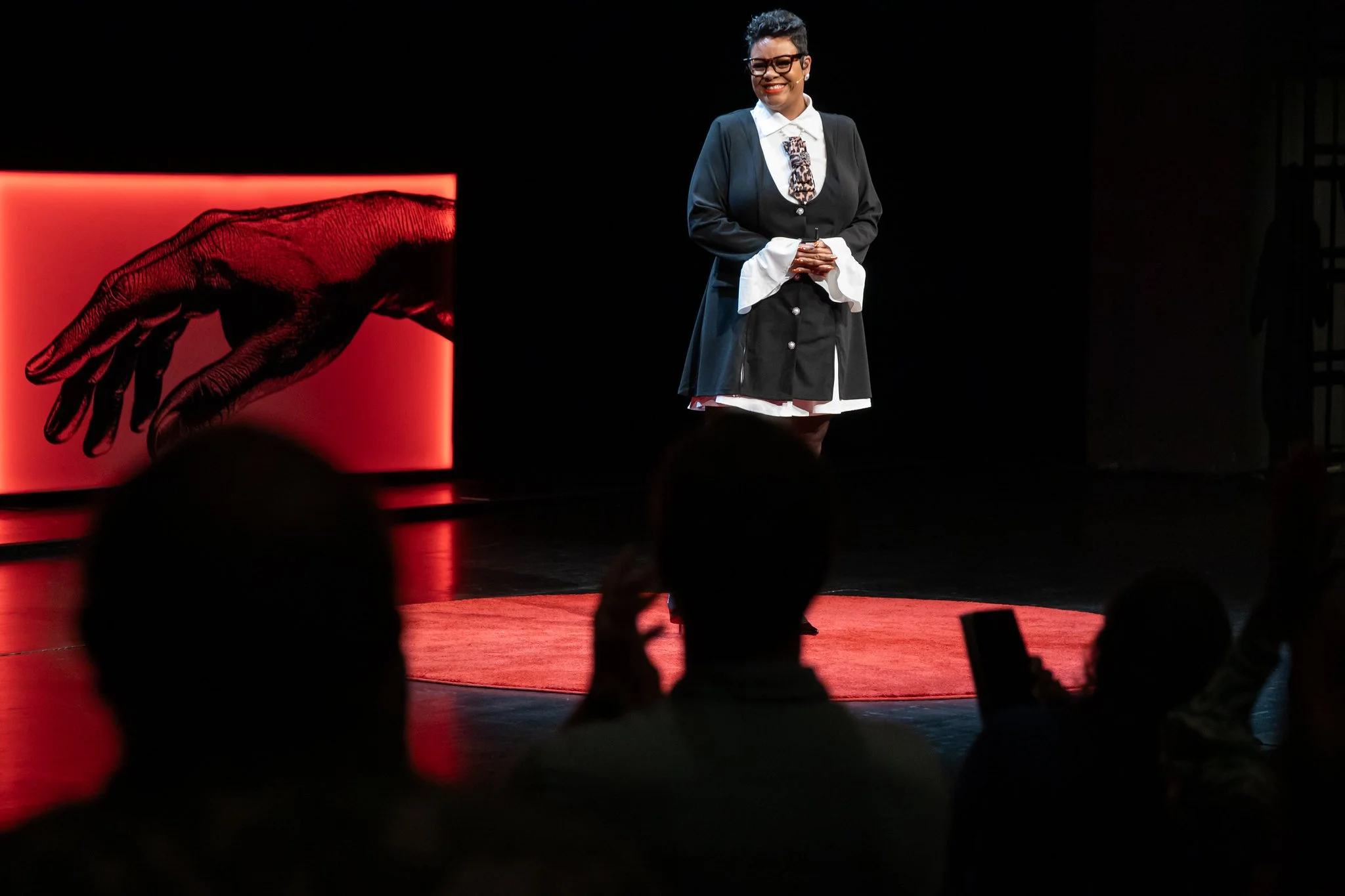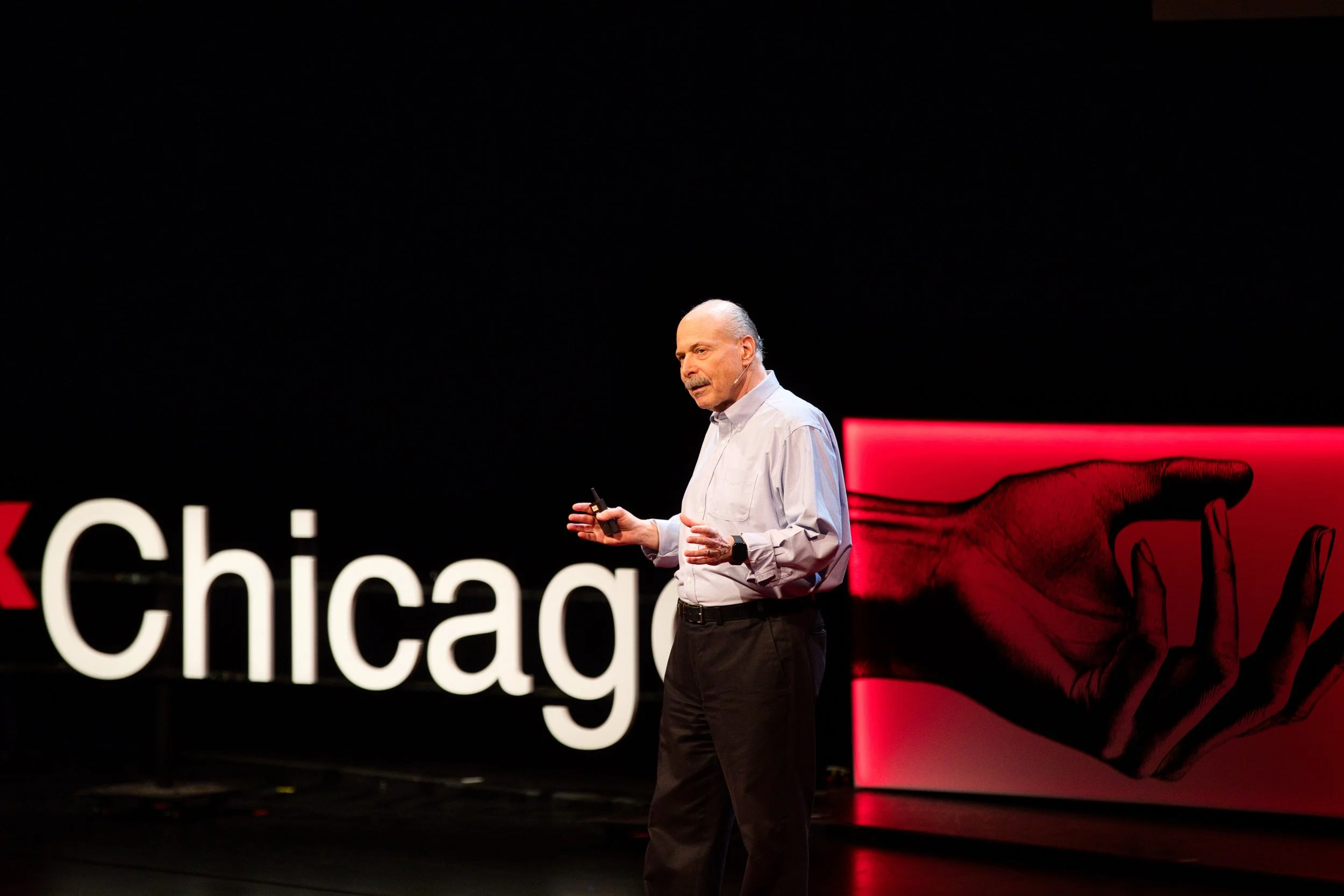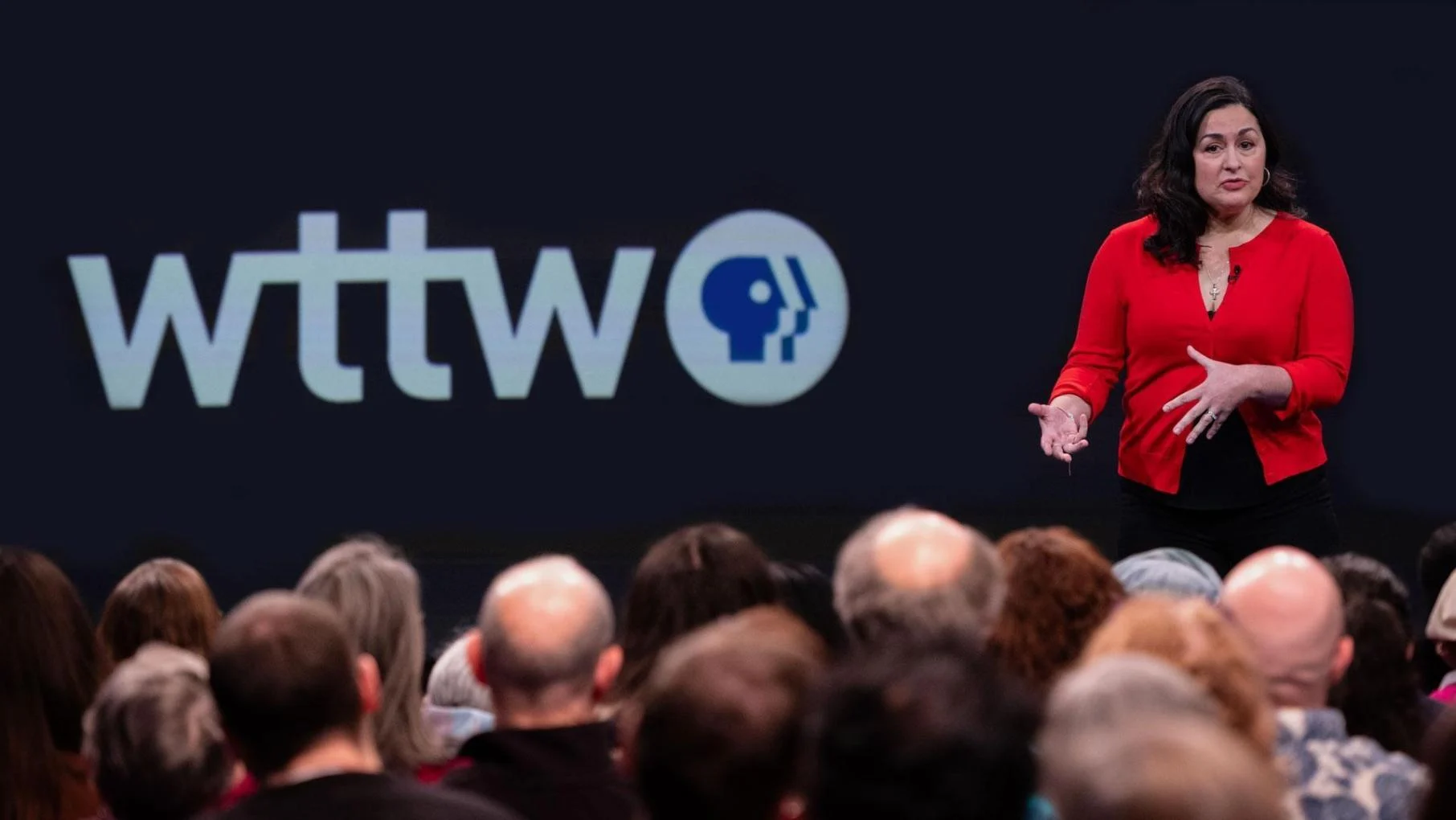
It all begins with an idea.
Great ideas, work, and stories delivered memorably are acts of generosity that can have immense impact on our communities, cities, and the world.
Filter by Tags
- Chicago 40
- Minneapolis 16
- Science 16
- Innovation 15
- Technology 13
- Community 12
- Equality 12
- Health 12
- Life 11
- Relationships 11
- Design 10
- Social Justice 9
- Youth 9
- Climate Change 8
- Mental Health 8
- Community Organizing 7
- Global Issues 7
- Psychology 7
- Sustainability 7
- The Arts 7
- Energy 6
- Personal Growth 6
- Urban Design 6
- Work 6
- Biotech 5
- Healing 5
- Transformation Stories 5
- Women 5
- AI 4
- Architecture 4
- Cities 4
- Communication 4
- Social Impact 4
- Violence Intervention 4
- WTTW 4
- Activism 3
- Brain 3
- Computing 3
- Humor 3
- Nanotechnology 3
- Quantum Physics 3
- Travel 3
- Accessibility 2
- Civic Design 2
- Climate Action 2
- Education 2
- Family 2
- Food 2
- Government 2
- Joy 2

What if we could hear disease?
In this emotional and forward-thinking talk, Dr. Hossein Zargartalebi shares his deeply personal journey from a hospital room to a scientific breakthrough. His innovation—a molecular sensor that detects proteins in real time—may unlock a new era in healthcare, one where disease can be caught long before symptoms appear. By turning biology’s quietest signals into a clear voice, this technology gives us something medicine has never truly had before: the ability to act early, save lives, and give people back the most precious thing of all—time.

Talk your way into better sex
Most people think great and long lasting relationships are built on chemistry — but the real magic lies in communication. In this talk, Dr. Hareder McDowell explores how the way we defeat our silence, begin to speak, listen, and connect directly, shapes emotional intimacy, trust, and even physical desire. Drawing from research and real-life stories, Dr. Mac reveals how mastering communication doesn’t just improve relationships and sex — it transforms them. Because you have the power to talk you way to better sex.

How artists can protect their work from AI
We are what we do — our identities are the sum of our knowledge, experiences and actions. In a world rapidly filled with AI generators, what does it take to protect our identity, and those of the generations to come? Heather Zheng, co-director of the SANDLAB at UChicago, presents bold ideas that empower individuals to restore control over their identity by changing how they share data online. Together with her partner, Ben Zhao, the two UChicago professors and their team have released Glaze and Nightshade, tools that disrupt generative AI from training on and mimicking artists without their consent.

How quantum technologies may impact your life
Physicist David Awschalom takes us on a fast-paced journey from Star Trek to quantum teleportation, showing how what once seemed like science fiction is quickly becoming reality. Equal parts inspiring and mind-bending, he reveals how uncertainty—the quirky heart of quantum physics—is actually a powerful engine of discovery, fueling breakthroughs in computing, medicine, and secure communication. This talk makes clear that our quantum future is not just coming—it’s already here.

The Hidden Toll of Peacekeeping
Dr. Kathryn Bocanegra reveals a blind spot in the community violence intervention space – the trauma experienced by peacekeepers themselves. Drawing from 15 years of research and frontline experience, she demonstrates how violence intervention workers carry deep wounds while healing others.

When We Become Invisible
Ernest Cato shows how partnership-based policing can transform high-crime areas in America’s cities.

A silent threat & powerful opportunity under cities
Alessandro F. Rotta Loria’s talk delivers an intense emotional and intellectual experience about the urban underground, unveiling a silent threat that simultaneously represents a massive opportunity for the clean energy transition of cities, before we run out of time.

How our stories hold the power to transform healthcare
When architect Abbie Clary experienced the heartbreaking loss of her father within a fragmented healthcare system, it forever transformed her approach to healthcare design.

How cities can save the world
From McDonald's solar-powered flagship to the flood-resilient Riverwalk, Carol Ross Barney showcases how thoughtful design creates healthier, more resilient, and livable cities.

Photography, sisterhood, and play as healing
How do we heal? Through an intimate exploration of trauma and healing, photographer Scheherazade Tillet shares how documenting her sister's recovery from sexual assault transformed both their lives while also inspiring her to work with similarly Black girls and young women. Two decades later, Tillet reveals that she discovered how photography and play can become powerful tools for healing intergenerational trauma.

How tiny particles may explain why we exist
From questioning the universe's edge as a child in Athens to leading America's premier particle physics laboratory, Dr. Lia Merminga shares her remarkable journey through the world of scientific discovery.

AI uses too much energy—nanotech is the solution
Mark Hersam is a nanotechnologist who believes that understanding materials at the shortest of length scales can provide solutions to the world’s largest problems. Using an interdisciplinary approach at the intersection of neuroscience and nanoelectronics, Hersam presents a solution to the greatest societal threat posed by AI.

Climate action is 90% mindset and starts with a conversation
Doug Farr is fascinated with humanity’s struggle to talk about the Climate Emergency—our unsettled emotions, how we think the world works, and the negotiation we all go through before committing to take climate action. In this funny and provocative talk Doug shares how his own personal climate action journey led him to redo his house, stay home more, and co-found the Climate Action Museum.

Is the cure for cancer already inside us?
Dr. Shana Kelley leads a team of human cell hunters, and they developed a unique and highly sensitive cell processor that can pull incredibly rare, disease-fighting cells out of blood. Recently, they used the device to search for immune cells that can fight cancer, and uncovered surprising and exciting results that may have immense impact on the future of cancer. Join Dr. Shana Kelley as she brings you on a journey through discovery, learn a little bit about immunotherapy, and get excited about what the next era of cancer treatments may look like. A talk to find hope from, and to share and view with those in your life affected by cancer.

How can we make better batteries?
Dr. Shirley Meng makes the case for hope by demonstrating some of the exciting technologies and new batteries her lab is developing that could close the energy storage gap we need to create a democratization of energy that also enables a fully renewable energy grid.

How sports can tackle the loneliness crisis
At a time when we’re at our most divided, maybe the surprising answer to bringing us all together can be found through sports. In the midst of a loneliness epidemic, AJ Maestas, the Founder of Navigate, explores his own relationship with sports and how it made him a part of something greater than he could have expected when he left Fairbanks, Alaska at age 18. Whether you love football (in the American or global sense), baseball, Taylor Swift, or even if you don’t consider yourself a sports or entertainment fan at all, this talk offers an emotional and engaging look at why the fans in your life act the way they do. Our fundamental need for belonging drives us to find community and shared passion for sports, music, or the many other reasons we gather.

The case for alien AI
James Evans asks a critical question as we ponder our AI-driven future: "What AI do we deserve?" He then takes us on a journey making the case that alien intelligence and thus alien AI that we grow and care for will be the most impactful on us as a human society. On the way, he also outlines the surprising science behind his lab's AI models and algorithms: That diversity is at the heart of the greatest scientific discoveries.

How to set the right goals and stay motivated
You can't just "find" motivation, says scientist Ayelet Fishbach — you have to learn how to motivate yourself. She shares a handful of tips backed by 20 years of motivation research, offering surprisingly simple wisdom on how to optimize your goals, set yourself up for success and avoid the tempting calls of procrastination.

Make anything, anywhere with just-add-water biotechnology
Michael Jewett is a bioengineer who wonders if we can create equitable and distributed biotechnologies for the good. In this thought-provoking and insightful talk, he lays out a vision to re-think how biotechnologies are created and shared, made possible by biology without cells. Can just-add-water biotechnology turn us all into biomakers? Listen and learn how engineered biological systems are opening access to medicines, diagnostics, and more.

How everyday interactions shape your future
A few words can change the course of a life; they have the power to shrink, expand or transform someone's identity -- even your own. Social psychologist Mesmin Destin explores how everyday interactions and experiences play a powerful part in who we become, sharing the key moments and messages that can inspire us to grow into our best selves.








